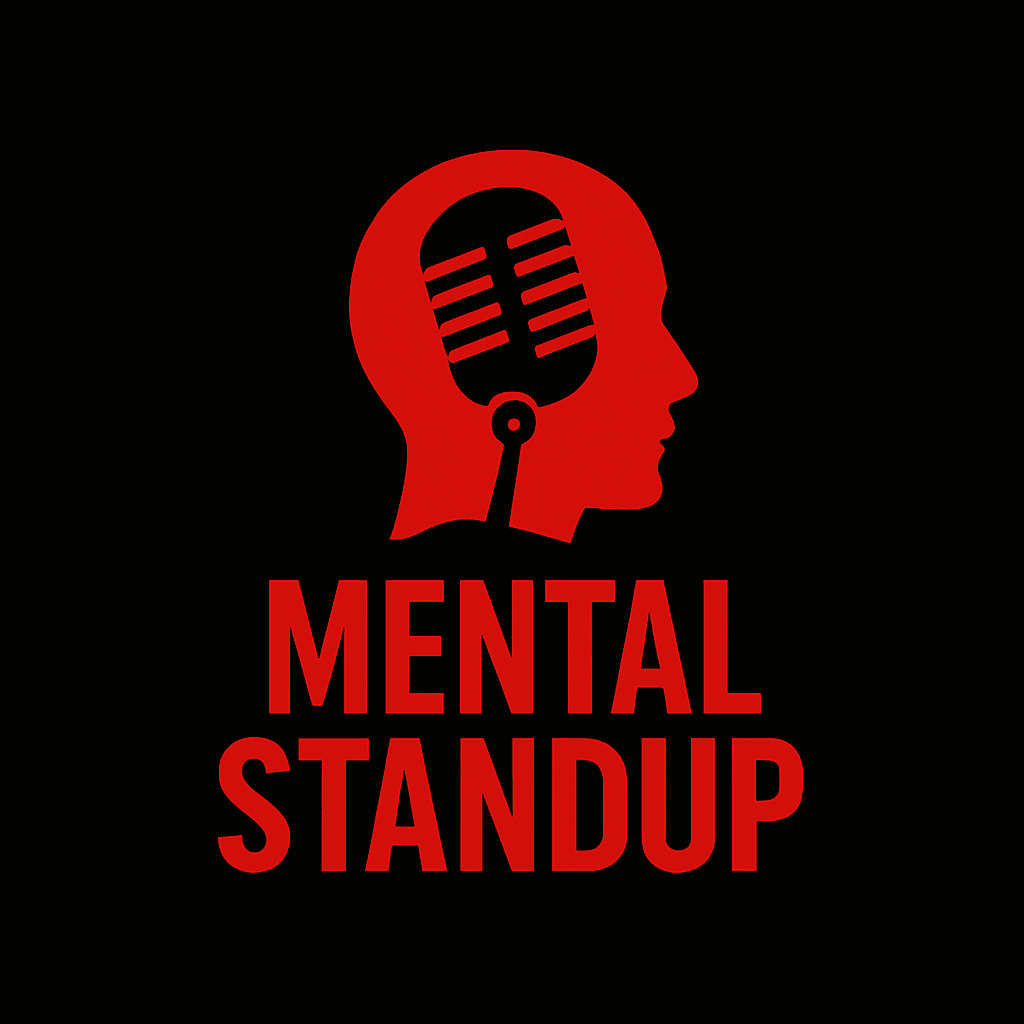Exploring Dark Humor: The Healing Power of Laughter in Mental Health
Understanding Dark Humor
Dark humor, often referred to as black humor, is a unique comedic style that finds amusement in subjects that are typically considered serious, taboo, or uncomfortable. It can be seen as a coping mechanism for confronting the darker aspects of life, such as death, mental illness, or tragedy. While some may view dark humor as inappropriate or offensive, for others, it serves as a vital tool for managing stress and emotional pain.

The key to dark humor is its ability to provoke laughter while simultaneously evoking a sense of discomfort. This paradoxical nature allows individuals to process difficult emotions and situations. By laughing at what might otherwise be overwhelming, people can gain a sense of control over their circumstances.
The Role of Dark Humor in Mental Health
Laughter has long been recognized as a natural stress reliever and mood booster. It releases endorphins in the brain, promoting feelings of happiness and well-being. For those dealing with mental health challenges, dark humor can offer a respite from the weight of their thoughts and emotions. It provides an outlet for expressing feelings that might otherwise remain unspoken.

Using dark humor can help reduce the stigma associated with mental health issues. By openly joking about these topics, individuals can foster a sense of community and understanding. This shared experience can be particularly healing for those who feel isolated or misunderstood because of their mental health struggles.
Benefits of Dark Humor
There are several potential benefits to incorporating dark humor into one's life:
- Emotional Release: Dark humor allows individuals to express emotions they might otherwise repress.
- Perspective Shift: It can help individuals gain a new perspective on their problems, making them seem more manageable.
- Social Connection: Shared laughter over dark topics can create bonds between people who have similar experiences.
Dark Humor in Different Cultures
Cultural context plays a significant role in how dark humor is perceived and appreciated. In some cultures, dark humor is a common way of dealing with adversity and has become ingrained in the social fabric. In others, it may be less accepted due to cultural norms around discussing sensitive topics.

Understanding these cultural differences is crucial when engaging with dark humor across diverse groups. What may be humorous and healing for one person could be offensive or distressing to another. It's essential to approach dark humor with sensitivity and awareness of the audience's background.
Using Dark Humor Responsibly
While dark humor can be beneficial, it's important to use it responsibly. Here are some guidelines to consider:
- Know Your Audience: Be mindful of who you're sharing dark humor with and their potential sensitivities.
- Time and Place: Consider the appropriateness of the setting when making jokes about sensitive topics.
- Respect Boundaries: If someone expresses discomfort with dark humor, respect their feelings and adjust accordingly.
The Healing Potential of Laughter
Laughter is an intrinsic part of the human experience, capable of transcending language and cultural barriers. It has the power to heal emotional wounds and bring people together. By exploring dark humor responsibly, individuals can harness its healing potential to navigate the complexities of mental health.

Ultimately, whether or not dark humor resonates with you is a personal choice. It's essential to find what works best for your mental health journey. For some, embracing this unique comedic style can lead to profound healing and connection with others who share similar experiences.
